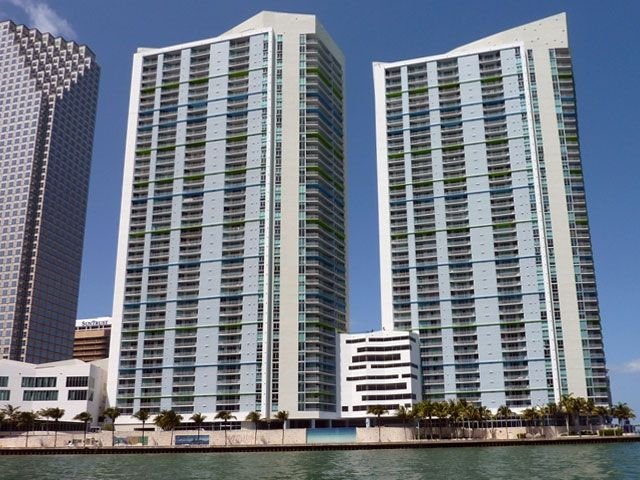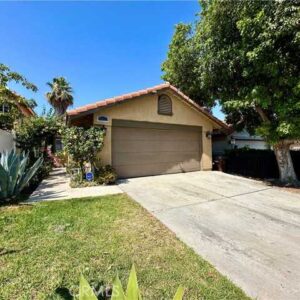Choosing the right flooring for your condo is essential for creating a comfortable, stylish, and functional living space. With various options available, it can be challenging to decide which type of flooring is best suited to your needs. In this comprehensive guide, we will explore the best flooring options for condo living, highlighting the benefits and drawbacks of each to help you make an informed decision.
1. Hardwood Flooring
Pros of Hardwood Flooring
Aesthetic Appeal: Hardwood flooring adds a touch of elegance and sophistication to any space. Its natural beauty and timeless appeal make it a popular choice among condo owners.
Durability: With proper care, hardwood floors can last for decades. They are resistant to wear and tear, making them an excellent long-term investment.
Value Addition: Hardwood floors can increase the resale value of your condo, making them a wise financial choice.
Cons of Hardwood Flooring
Cost: Hardwood flooring can be expensive to install and maintain. The initial investment is higher compared to other flooring options.
Maintenance: Regular maintenance, such as sanding and refinishing, is required to keep hardwood floors looking their best.
Susceptibility to Moisture: Hardwood is prone to damage from moisture and humidity, which can be a concern in some condo environments.
2. Laminate Flooring
Pros of Laminate Flooring
Affordability: Laminate flooring is a cost-effective alternative to hardwood. It offers the look of wood at a fraction of the price.
Easy Installation: Many laminate flooring options come with click-and-lock installation systems, making them ideal for DIY projects.
Durability: Laminate is resistant to scratches, dents, and stains, making it a great choice for high-traffic areas.
Cons of Laminate Flooring
Appearance: While laminate can mimic the look of wood, it doesn’t have the same natural feel and may not appeal to everyone.
Lifespan: Laminate flooring generally has a shorter lifespan compared to hardwood and may need to be replaced more frequently.
Moisture Resistance: Although more moisture-resistant than hardwood, laminate can still be damaged by standing water or excessive humidity.
3. Vinyl Flooring
Pros of Vinyl Flooring
Versatility: Vinyl flooring comes in a wide variety of styles, colors, and patterns, allowing you to achieve almost any look you desire.
Water Resistance: Vinyl is highly resistant to water, making it an excellent choice for kitchens, bathrooms, and other areas prone to moisture.
Comfort: Vinyl flooring is softer underfoot compared to hardwood or tile, providing added comfort in living spaces.
Cons of Vinyl Flooring
Environmental Impact: Vinyl is made from synthetic materials, which can be less environmentally friendly compared to natural options.
Durability: While durable, vinyl can be prone to tearing and gouging, especially in high-traffic areas.
Resale Value: Vinyl flooring may not add as much value to your condo as hardwood or tile.
4. Tile Flooring
Pros of Tile Flooring
Durability: Tile is incredibly durable and can withstand heavy foot traffic, making it ideal for busy households.
Water Resistance: Tile is highly resistant to water and humidity, making it a great choice for bathrooms, kitchens, and laundry rooms.
Low Maintenance: Tile floors are easy to clean and maintain, requiring only regular sweeping and occasional mopping.
Cons of Tile Flooring
Cold and Hard Surface: Tile can be cold and hard underfoot, which may be uncomfortable in living areas and bedrooms.
Installation Cost: Tile installation can be labor-intensive and expensive, often requiring professional help.
Potential for Cracking: Tile can crack if heavy objects are dropped on it, necessitating repairs or replacements.
5. Carpet Flooring
Pros of Carpet Flooring
Comfort: Carpet provides a soft and warm surface, making it a comfortable choice for bedrooms and living areas.
Sound Insulation: Carpet helps to absorb sound, reducing noise levels in your condo and creating a quieter environment.
Affordability: Carpet is generally more affordable than hardwood or tile, making it a budget-friendly option.
Cons of Carpet Flooring
Maintenance: Carpet requires regular vacuuming and occasional deep cleaning to keep it looking fresh and free of allergens.
Stain Susceptibility: Carpets can stain easily and may not be the best choice for households with pets or young children.
Durability: Carpets may wear out faster than other flooring options, particularly in high-traffic areas.
6. Cork Flooring
Pros of Cork Flooring
Eco-Friendly: Cork is a renewable resource, making it an environmentally friendly flooring choice.
Comfort: Cork is soft and resilient underfoot, providing added comfort and reducing strain on joints.
Insulation: Cork offers good thermal and acoustic insulation, helping to keep your condo warm and quiet.
Cons of Cork Flooring
Susceptibility to Damage: Cork can be easily damaged by sharp objects and heavy furniture, requiring careful maintenance.
Moisture Sensitivity: Cork is sensitive to moisture and may not be suitable for areas with high humidity or water exposure.
Limited Style Options: Cork flooring styles are more limited compared to other flooring materials like vinyl or laminate.
7. Bamboo Flooring
Pros of Bamboo Flooring
Sustainability: Bamboo is a fast-growing, renewable resource, making it an eco-friendly flooring option.
Aesthetic Appeal: Bamboo has a unique and attractive appearance that can enhance the look of any room.
Durability: Bamboo is harder than many types of hardwood, making it a durable and long-lasting flooring choice.
Cons of Bamboo Flooring
Moisture Sensitivity: Like hardwood, bamboo can be sensitive to moisture and may warp or crack in humid conditions.
Cost: Bamboo flooring can be more expensive than laminate or vinyl, though it is often more affordable than hardwood.
Limited Color Options: Bamboo flooring typically comes in a narrower range of colors compared to other flooring materials. Visit the chuan park condo if you need more information or have any questions about condo living.

Choosing the Best Flooring for Your Condo
When selecting the best flooring for your condo, consider the following factors:
Lifestyle and Usage
Think about your lifestyle and how you use your condo. High-traffic areas may benefit from durable options like tile or laminate, while bedrooms and living areas might be better suited to carpet or cork for added comfort.
Budget
Consider your budget and the long-term costs associated with each flooring option. While hardwood and bamboo may have higher upfront costs, they can add value to your condo and last for many years with proper care.
Maintenance
Evaluate how much time and effort you are willing to invest in maintaining your floors. Low-maintenance options like tile and vinyl may be more suitable for busy households, while hardwood and carpet require more regular upkeep.
Aesthetic Preferences
Choose a flooring style that complements your condo’s interior design. Whether you prefer the classic look of hardwood, the modern appeal of vinyl, or the cozy feel of carpet, there is a flooring option to match your taste.
Environmental Impact
If sustainability is important to you, consider eco-friendly options like cork or bamboo. These materials are renewable and have a lower environmental impact compared to synthetic flooring.
Conclusion
Selecting the best flooring for your condo involves weighing the pros and cons of each option and considering factors like lifestyle, budget, maintenance, aesthetic preferences, and environmental impact. By taking the time to research and evaluate your choices, you can find the perfect flooring that enhances the beauty and functionality of your living space.





